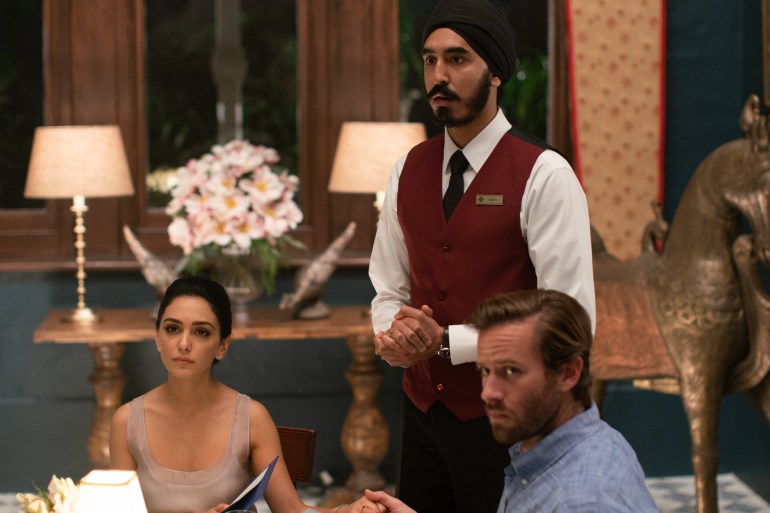A co-production treaty between Australia and India is a step closer to being finalised after the Indian Government approved the signing of the agreement.
Earlier this year, the Australian Government announced an in-principle accord had been reached between the two countries, with the treaty negotiated as a side measure of the interim India-Australia Economic Cooperation and Trade Agreement.
India’s Union Cabinet, chaired by Prime Minister Narendra Modi, has now moved forward with the deal, which according to reports, will mean producer contributions from the two countries can vary from 20 per cent to 80 per cent of the final total cost of jointly produced work.
“Australia has emerged as a preferred destination for shooting Indian films,” the Indian Government said in a statement.
“India is fast emerging as a major content hub for filmmakers looking for new projects.
“India has an abundance of exotic locations, talent pool, and relatively cheaper cost of production, making India a favoured destination of foreign filmmakers.”
Australia currently has co-production treaties with Canada, China, Germany, Ireland, Israel, Italy, Korea, Malaysia, Singapore, South Africa, and the United Kingdom. It is also a signatory to MOUs with France and New Zealand.
An Australian government spokesman told IF it was pleasing that India had taken the next step in the treaty process.
“Like India, Australia is also working through the many steps needed to ratify a final agreement,” the spokesman said.
“But this news is exciting as it shows both countries are working towards bringing the agreement into force. We all know this agreement will encourage connection and collaboration between Australia and India’s screen industries, and bring great stories and cultural benefits to both countries.”
The approval comes after the newly-established Australia India Film Council (AIFC) signed a Memorandum of Understanding with the Federation of Indian Chambers of Commerce and Industry (FICCI) in June.
Designed to strengthen filmmaking ties between the two countries, the agreement provides a framework of goals and initiatives to facilitate greater project collaboration, co-production, and cross-cultural partnerships.
Director and AIFC chair Anupam Sharma told IF he “couldn’t be happier” with the treaty approval, which had been more than two decades in the making.
“I remember the first meetings which took place in 2001-2002 with the Australian Film Commission, who emailed saying they would love to have a chat,” he said.
“One of the most important things is that we don’t just want to be a service provider, we want a bigger chunk of the Bollywood pie and this will allow us to have more collaborations and co-productions,” he said.
Sharma is known for directing 2015’s UnIndian, starring Brett Lee, and 2017 documentary The Run, about Australian Pat Farmer’s quest to run the length of India across 64 days.
His next project, documentary Bollywood Down Under, will explore how Australia first came to feature in Bollywood films, providing the foundation for growing industry ties.
The director expected the co-production treaty to make the Australian industry more “robust and diverse”.
“We all know the level of box office share Bollywood films have when they come here, as well as how successful Lion and Hotel Mumbai were,” he said.
“I’m hoping that more Australian stories that are India-related will come out and they will have now a bit of freedom to hire some specialist crew from India in terms of creatives.”
The news was also welcomed by producer/director and founder of indiVisual Films, Ana Tiwary, who is the series producer on the ABC’s India Now.
Having lobbied for the creation of a co-production treaty between the two countries for more than ten years, she described the Indian government’s approval as “really exciting”.
“As a producer/director who wants to nurture creative collaborations between the two nations, I see tremendous potential for producing innovative films and TV shows, providing employment opportunities, and creating stronger cross-cultural ties,” she said.


